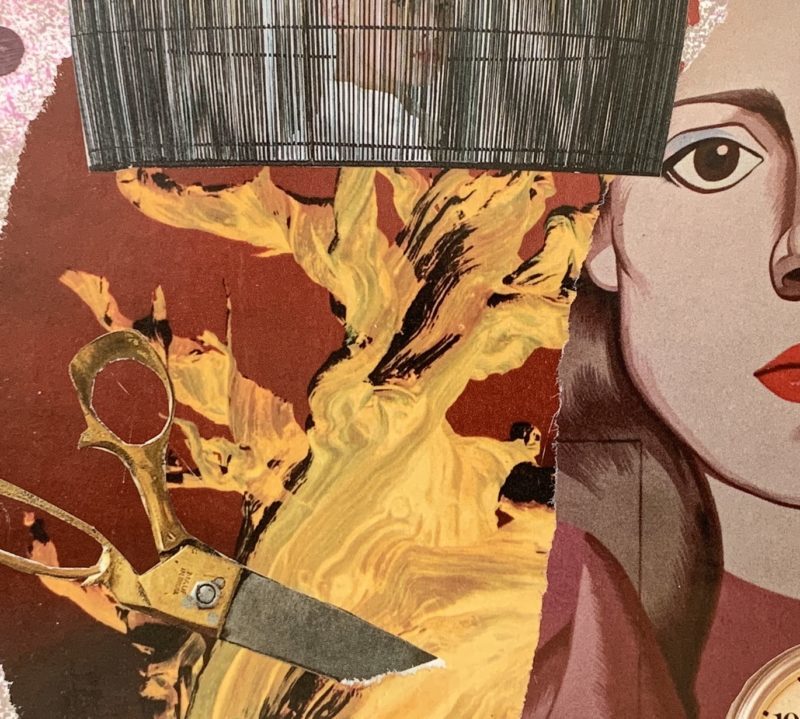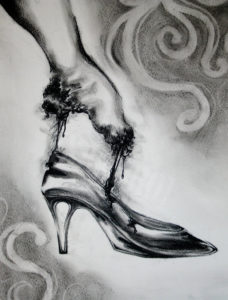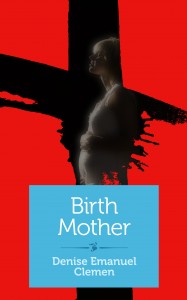The Handmaid’s Tale and adoption
As is often the case, I’m a little late to the party. I just finished watching the last episode of the Hulu version of Margaret Atwood’s book, The Handmaid’s Tale. It pretty much killed me. Ever since I began watching I would frequently google, “Is Margaret Atwood a birthmother?” When that didn’t bring up much, I’d change tactics and google, “Is Margaret Atwood an adoptive mother?” With still no luck I tried, “Is Margaret Atwood adopted?”
Okay. I gave up. But somehow Margaret Atwood nailed what it was like to be a birthmother in the Baby Scoop Era. Secrecy reigned in the adoption industry then. Hell, secrecy still reigns in many ways. Anyway, Atwood’s fictional vision and the real life Baby Scoop are quite similar. Young fertile unmarried women were coerced into giving up their babies to those society deemed more worthy under the burgeoning theocracy known as the United States of America.
In the last episode of season 1 Jeannine is about to be stoned by her sister handmaids for the crime of endangering a child. She took her baby from its adoptive parents and nearly succeeding in hurling both herself and the baby off a bridge. In an act of civil disobedience not one of the handmaids will hurl the first stone. This communal act is what made me weep.
There was very little support for birthmothers in 1970 when I had my son. I labored and delivered alone. And after signing the papers, there was no mourning. The entire experience was a deep dark secret. End of story. For two decades, anyway. After watching that last episode, there’s now a scene In my head in an adoption agency with a contingent of birthmothers, and no one will pick up the pen.
And there’s this: https://www.nytimes.com/2017/06/14/watching/the-handmaids-tale-tv-finale-margaret-atwood.html?mcubz=1
Baby Scoop and other tragedies
Ms. Atwood pays homage to the women whose reproductive rights were abused under Nicolae Ceausescu and Hitler, and she mentions the 500 babies in Argentina who were disappeared, and the indigenous babies of both Australia and Canada, but there’s not a word about the women and babies from the Baby Scoop Era. According to the Adoption History Project from the University of Oregon, the Baby Scoop Era in the United States pertains to the period between 1945 and 1973. It is estimated that up to 4 million mothers in the United States had children placed for adoption during that time. Four million handmaids.










